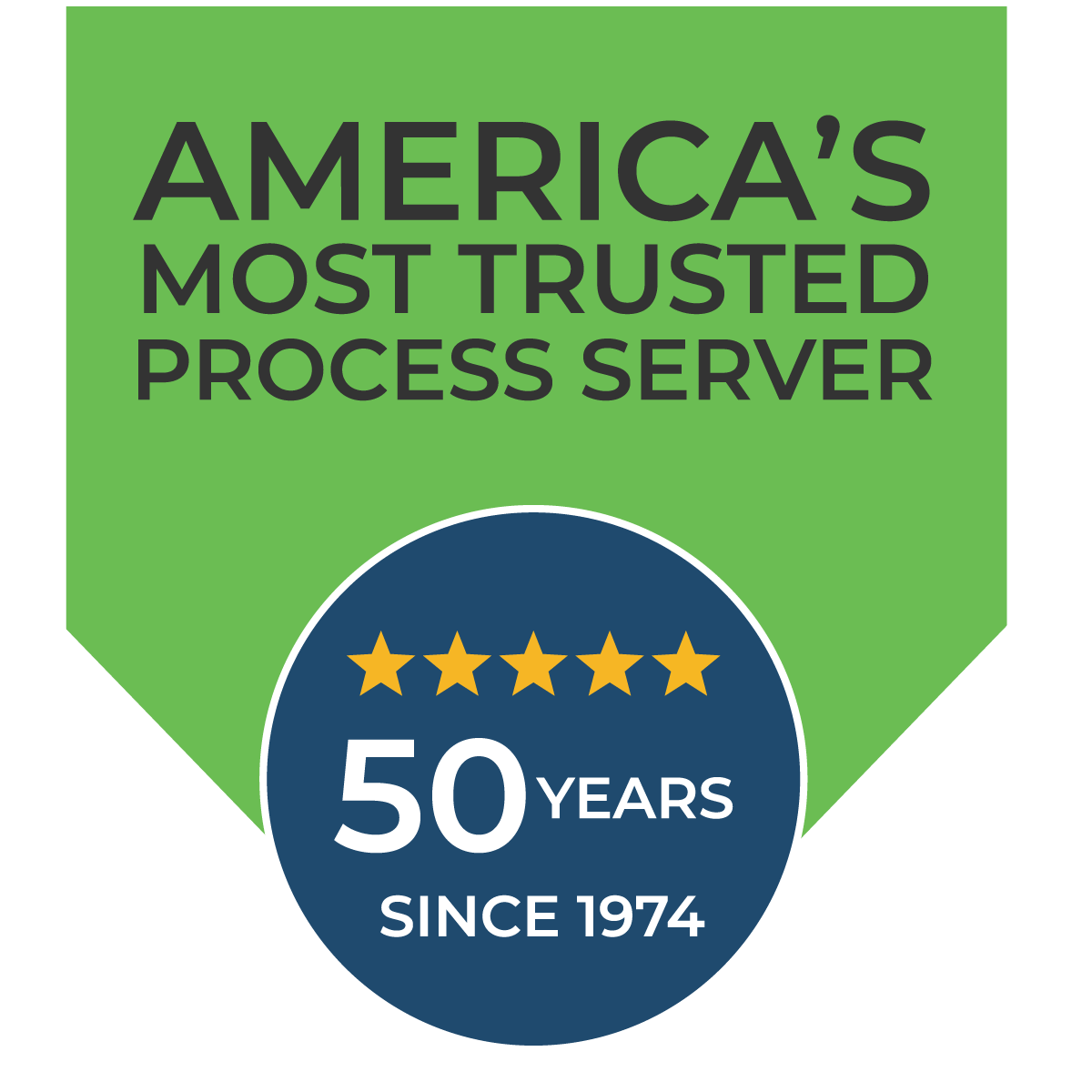Affordability - or rather, the lack thereof - is one of the highest points of contention for the average person seeking justice in the legal system. Paying for an attorney for hours of consultation can leave people penniless before even reaching a courthouse - and those seeking aid when in a financial crisis can hardly afford legal counsel costs more than the bills they are already struggling to pay. One answer to this problem has arisen in the form of regulatory sandboxes.
What is a Regulatory Sandbox?
Striking the right balance between regulation and deregulation is difficult at best. Too many regulations can limit access, stifle growth, and prevent movement. Too few regulations can imbalance in power structures and decrease quality standards. The challenge in shifting regulation and deregulation to overcome a supposed imbalance lies in fears of destabilization and unintended consequences.

Regulatory sandboxes help ease these trepidations by creating a “safe space” to push and play with the system - offering insights to how the rebalance or outright changes could affect if put in place at a large scale. Sandbox environments are overseen by regulatory authorities, who draw conclusions based on the test period and will make recommendations based on their findings. They can elect to adopt, alter, or issue a “cease and desist” to the changes.
UNSGSA points to WorldRemit’s implementation of sandboxed solutions from Bank Negara Malaysia (BNM) as a success story validating the sandbox methodology. WorldRemit, a remittance service provider headquartered in the U.K., successfully adopted secure technologies and policies tested by BNM allowing the submission of photos to verify identity, greatly increasing accessibility to their business. Since then, BNM has released guidelines to allow other companies to follow suit and allow their businesses to reach more remote regions.
The success seen in other sandbox initiatives to help marginalized communities has pushed the concept into the legal space. Regulatory sandboxes are being utilized for legal innovation and access for the underrepresented in the system. In the United States, this includes testing to allow non-lawyer ownership of legal services companies.
Why Non-Lawyer Ownership?
By allowing non-lawyers to head law firms, the legal services industry will ideally be able to innovate and adapt at a higher rate, improving legal productivity. By allowing greater influence from non-law participants in the legal sector, it is hoped that technological and pricing structures will be better able to accomodate the full gamut of people who could use legal services, but lack access. In particular, the aim would be to reach more of the middle-class who increasingly cannot afford legal services.
Currently, there is a gap between self-serve information services without the ability to provide true legal advice, like LegalZoom, and expensive, full-service law firms. This gap has been exasperated by the pandemic, which continues to strain relationships between people, businesses and the judicial system. Economic uncertainty and unrest around in-person interactions jeopardizes the current legal system in unprecedented ways. Technology and innovation could be solutions, and non-lawyer ownerships and partnerships are the most efficient pathways to adoption.
The West Coast Leads the Charge
California is showing a receptiveness to the idea that non-lawyer ownership could promote court access, but is leaving the how of increasing access to justice open-to-debate. In May of 2020, the State Bar of California voted to move forward with a plan developed by their Task Force on Access Through Innovation of Legal Services. The plan hopes to open access to the court system by creating a regulatory sandbox in which rules, such as those allowing “lawyers to own or co-own legal service operations” can be loosened or eliminated.
Utah has authorized the creation of the Utah Legal Sandbox as a playground for trial runs of creative applications of legal service business models. The Office of Legal Services Innovation will lead the approval process for participants. The initiative could allow law firms to pair with technology firms or open doors to engagements with partner paralegals, engagements which may be allowed to continue outside of the sandbox.
Arizona bypassed the sandboxing stage and in August of 2020, dropped the rule prohibiting non-lawyer ownership of legal service operations. Slightly ahead of the game, Washington had a program set up that allowed non-lawyers in family law a license granting them select legal privileges in the court system. The program was suspended in June of 2020 due to lack of participation.
While the West Coast has been toeing into sandboxing and the question of non-lawyer ownership, the initiative is spreading. On November 23, 2020 Bloomberg Law released an article stating that New York and Illinois are joining the regulatory innovation testing initiative. The article notes that similar moves may be on the horizon along the East Coast in states such as Florida, North Carolina, and Connecticut.
Where Non-Law Ownership Leaves Lawyers
Companies currently operating in the legal services field stand to benefit from an increased openness to how they can interact with consumers. Opportunities to partner with companies specializing in technology are particularly exciting and could help pull some law firms modernize. The firms catering to the intended benefactors of these initiatives, those dealing with personal crises within family law, bankruptcy law and landlord-tenant law could see new customers if pricing can reach affordable levels.
Breaking from the traditional view of the non-lawyer partnership as anathema to the industry - the ABA is showing some interest in alternative ideas. Bar Rule 5.4, the Professional Independence of a Lawyer, has been called into question in California and has new language in Utah. The world is adapting and without change, the legal industry will fall behind. Rather than spelling an end for lawyers, non-lawyer engagements could strengthen and improve their ability to reach clients and perform at peak levels.
About ABC Legal Services
ABC Legal is the nation’s leading service of process and court filing company and is the official process server to the U.S. Department of Justice. Docketly is a subsidiary of ABC Legal, providing appearance counsel on a digital, custom-built platform that smoothly integrates with our applications and services. ABC Legal’s applications are cloud-based and compatible for use on desktop, browser and smartphones. Our solutions and digital approach ensure process server partners, law firm customers and their clients save valuable time and resources when serving legal notices safely and with maximum compliance, control and transparency. ABC Legal is based in Seattle, WA, with more than 2,000 process servers throughout the U.S., as well as internationally in more than 75 countries. To learn more about ABC Legal, our solutions and subsidiary company Docketly visit www.abclegal.com.

Written by
Heather ThomasService made simple—down the road and across the country. Join the 50,000+ professionals who trust ABC Legal for service of process.
Recent Posts
- The Art of Outsmarting: What Legal Pros Gained in San Antonio
- ABC Legal Launches “EvidenceChain™” to Advance Transparency in Legal Document Delivery
- 7 Ways ABC Legal Benefits Accounting Teams
- Streamline Civil Law Cases With Reliable Service of Process
- Insights from MTMP 2025: Legal Innovation, Connections & a Little Star Power





